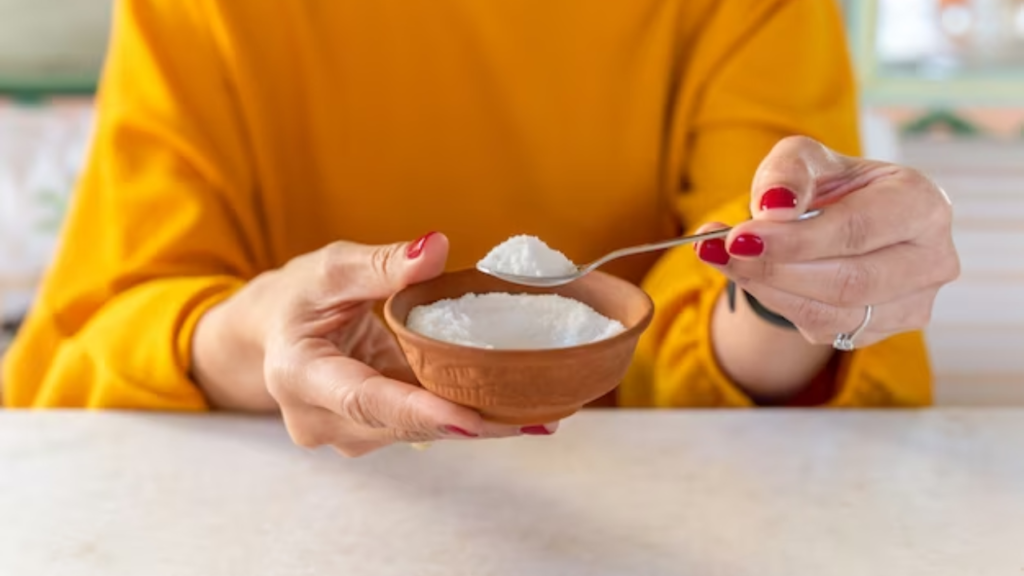Exploring the Connection Between Salt Intake and Kidney Health

For general wellbeing, eating healthfully is crucial, and the effect of salt consumption on kidney health should not be understated. A high-salt diet may throw off the body’s delicate sodium balance, resulting in impaired kidney function and elevated blood pressure. Kidney disease may develop as a result of this stress on the kidneys.
We shall examine the relationship between salt consumption and kidney health in this blog article, showcasing the specialized treatment offered by the super-specialty nephrology department of the Ahalia Diabetes Hospital in Palakkad, Kerala.
Kidneys perform the crucial function of filtering out waste products from the blood and eliminating them from the body through urine. They also aid in hydration and electrolyte balance. Chronic kidney disease, an illness, typically causes damage to them. While kidney-friendly meals include dark green leafy vegetables, sweet potatoes, berries, apples, and fatty fish, kidney-unfriendly foods include legumes, nuts, dairy products, packaged goods, and high-sugar foods.
Avoid – Salt , Sweets, and Carbs : Prior to anything else, it’s crucial to take the patient’s general health into account. There are a number of considerations to make if the patient has high blood sugar levels or is in the early stages of CKD, including drinking enough water, consuming little salt, and avoiding sugar and artificial sweeteners as much as possible. Additionally, avoiding carbohydrates is advised. Always strive to consume natural sweeteners like fruits and stay away from juices and carbonated beverages.
Remember, consuming freshly produced food, limiting frozen, canned, and packaged food, and ‘avoid adding salt’ to cooked food – are some measures for limiting salt intake. Eating foods that are higher in sodium can impact your heart and kidney health, especially if you are salt sensitive, by raising your blood pressure and contributing to the narrowing of your blood vessels throughout the body, including in your kidneys, leading to kidney disease.
When it comes to salt intake and kidney health, Ahalia Diabetes Hospital emphasizes the need for preventative and treatment techniques. The nephrology division advises patients to cut back on salt intake and consume a kidney-friendly diet. Dietary changes, such as consuming less processed food and more fresh fruits and vegetables, can greatly support the maintenance of normal kidney function.
One should stay away from foods high in phosphorus and potassium when renal function deteriorates (such as some fruits, fruit juices, dried fruits, and nuts). As kidney disease worsens, protein intake should also be restricted. Controlling your blood pressure, blood sugar, potassium, water retention, and inflammation will aid in the recovery of an acute kidney injury as well as help preserve overall kidney health. Additionally, the department places a strong emphasis on informing patients and their families about how salt affects kidney health. Ahalia Diabetes Hospital educates people on the link between salt consumption and kidney disease, enabling them to adopt wise dietary and lifestyle decisions.
